What do you think of when someone says that they study Classics? Hollywood representations of the ancient world? Privileged school kids studying Latin and Greek? White men inventing democracy, the foundations of European philosophy, and all the other alleged pillars of “Western” society?
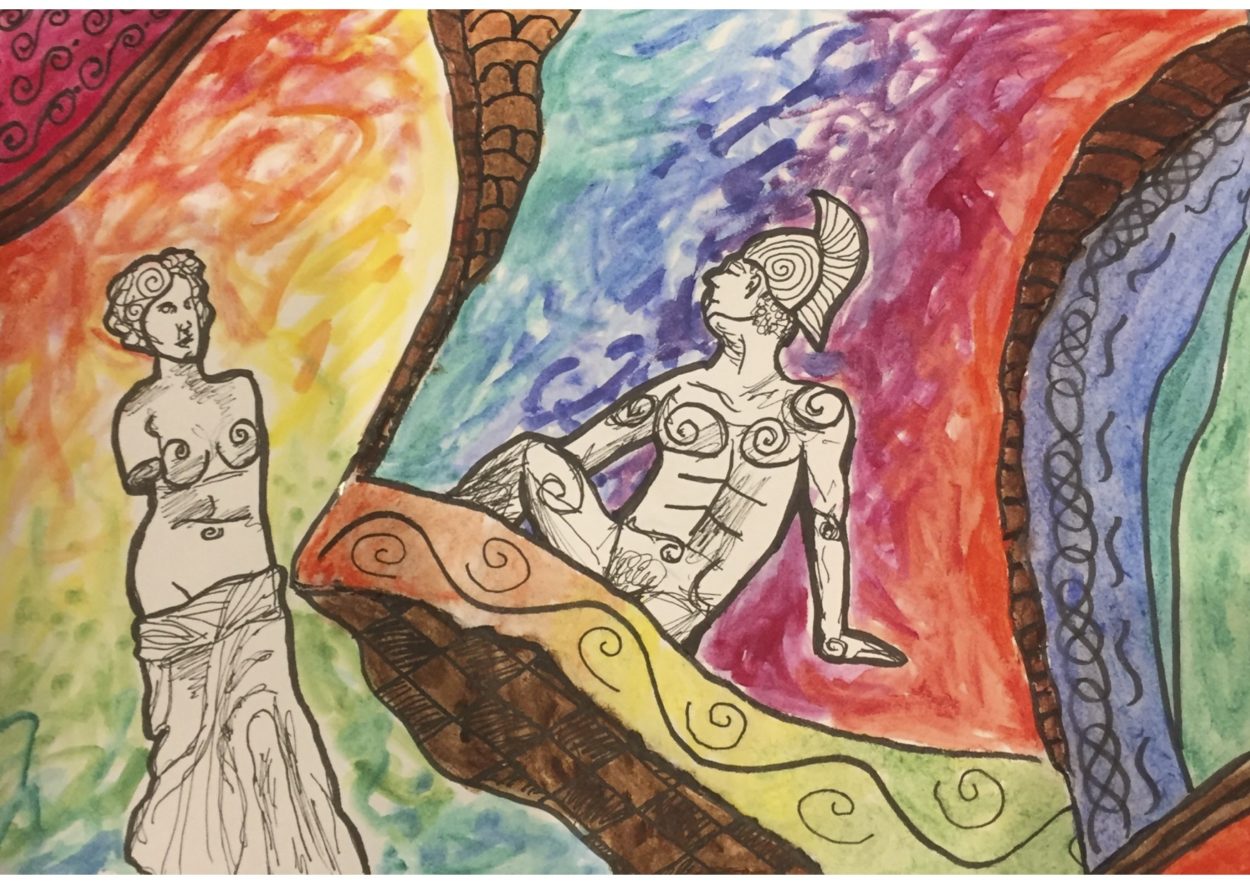
Ancient World, Intersectional Approach: Re-defining Classics for all Identities
CW: mentions of sexual assault
What do you think of when someone says that they study Classics? Hollywood representations of the ancient world? Privileged school kids studying Latin and Greek? White men inventing democracy, the foundations of European philosophy, and all the other alleged pillars of “Western” society?
Or are you left wondering: what is Classics?
In a world where history and academic disciplines are being de-colonised and becoming more intersectional, we must re-define the answer to this question.
Broadly, Classics is the study of the ancient world in North Africa, Europe and South-West Asia through archaeology and ancient written sources. But what I want us to talk about today is how to re-define the ancient world in an intersectional way, how classicists are already doing this, and what we can do to ensure that classical studies fully becomes by and for all.
So, I hear you ask: what exactly are the current problems with classical studies and representations of the ancient world?
One is a dire lack of diverse classical scholars – even for the infamously low UK university standards! I’m preaching to the choir here, but, of course, we must recognise the inherent value of a far more diverse pool of scholars, inevitably bringing a variety of perspectives to Classics, and representing how different groups might interpret the ancient world, and possibly their place in it.
Although, in saying this, diversity in classics is not just about asking people to find themselves in the classical world and identify with them. This can be patronising, and focus on marginalised identities too much, essentially by implying that “it’s okay, there were people like you in the classical world too!”, as if people with marginalised identities are only interested in their own/other marginalised identities. In reality, people with marginalised identities know that they have always been around, and making classical studies more intersectional is not just about communicating that- it is as simple as letting everyone know that they are welcome, and that their perspective on any part of the ancient world is valuable! Classics, like any area of study, is not just for the Boris Johnsons of the world, as many of us often imagine it is: it is for everyone.
One area in which the lack of diverse perspectives becomes glaringly obvious is in translating and interpreting the first evidence of discussions of ethnicity. Interpretations of sources regarding ethnicity and culture in the ancient world are currently pretty limited. This is because they are mostly from white north Americans and western Europeans, who make up the majority of classical scholars. We also find in ancient texts the first mentions of ethnicity by Europeans in a negative way, demonstrating ideas that have lasted into today’s society, such as Orientalism: degrading stereotypes about people from the “East”- South-West Asia and North Africa- as, for instance, tyrannical, hyper-sexual, and lazy. This Orientalism can be found in some of the most popular ancient texts, such as Virgil’s epic poem Aeneid and Aeschylus’ tragic play Agamemnon. Crucially, these xenophobic ideas developed and became part of the racist notions used to “justify” colonisation. It would be critical to have translators of different ethnic backgrounds and histories working on this area, to bring different views to ancient texts where these ideas appear.
Translations by cisgender men (and most widely-read English translations of ancient texts are by cisgender straight white men) often add to the bias of the original text; unless they’re translating literally and word-for-word, translators make conscious choices about which words, phrases and narratives to use. For example, Emily Wilson points out that male translators of the Odyssey (one of the most foundational classical texts) have translated words literally meaning “those [women] sleeping with the men” as “sluts and “whores”. This translation demonstrates just how harmful translation can be; it renders purely descriptive nouns into slurs used to display the translator’s deeply misogynistic bias towards different figures in the story. The original noun refers to a group of young women who, because they were enslaved and many teenaged, would not be in a position to consent, meaning there was misogynistic bias in the original text that did not acknowledge this, implying that the women consented and absolving the men of sexual assault. Hence, this translation projects even more bias into the original Greek, and, by using the words “sluts” and “whores”, shames unmarried consenting women engaging in sexual activity (assuming that the women consented). Not only that, but, in practice, because the women could not consent, the translation blames the victims of sexual assault by using language that traditionally casts negative moral judgement. This kind of misogynistic translation inevitably impacts how the reader views the characters and the narrative, especially if they have not read the original Greek, and therefore cannot translate for themselves (as most readers won’t have the educational resources or time to do). However, Wilson tells us that these biased oversights would be much less likely to be made by, for example, a translator of another gender, who may be more aware of issues surrounding consent, and may not be as gender-blind as many cisgender males.
The ideas about the classical world that have been passed down to us and appear in every-day life also inaccurately portray the classical world, and the influence that the ancient world has had throughout history. In his article ‘There is no such thing as western civilisation’, Kwame Anthony Appiah identifies the widespread yet false idea that the legacy of the ancient Greek world was preserved through Rome and then Western Europe to become the foundation of “Western civilisation”: democracy, Greek and Roman philosophy, Latin and the ancient Greek language and so on. This idea ignores the Islamic learning which preserved classical philosophy, and the many cross-cultural interactions with North Africa and South-West Asia that make up ancient Greek and Roman culture (not to mention problematic advocacy of a “Western civilisation” in the first place). And I’m sure many of us have noticed the lack of diverse casting in films such as Troy and Jason and the Argonauts; if you haven’t, that’s because these ideas about the ancient world try to convince us that white-washed films accurately depict the past, and we haven’t been taught better.
Now that we’ve explored some of the problems in classical studies, let’s talk about some examples of how Classics is becoming more intersectional: EIDOLON is a website for diverse readings of the classical world, whose motto is “classics without fragility” (sure to be a hit with the Clitbait community!); the Io Project works on the reception of Classics in Africa and its diaspora; CripAntiquity represents and includes personnel and students with different abilities in ancient and antique studies. There are a number of female feminist translators and classicists in the public eye, exploring a range of ideas from homosexual narratives within myth, to sexual assault in the classical world. Several Classics students told me of awareness of queerness in the classical world in scholarship and popular culture, and some students told me how empowering it can be to study influential women in the ancient world. On the teaching front, Bethanie Sawyer advocates a way to include gender-neutral pronouns in Latin class exercises where students write about themselves.
What more can we do as intersectional feminists? First of all, we need to communicate through education and media that classics is for everyone, so that people know this from a young age. This means that we must stop limiting our portrayal of the classical world, and we must teach everyone that they are welcome in classical studies, whatever their background or interests. Secondly, Bethanie Sawyer acknowledges that classicists must recognise their privilege and understand how that might hinder their teaching and interpretation from being inclusive; classicists must diversify their studies, teaching and publications beyond their own identity. Thirdly, we need to normalise and include different groups in popular culture and classical teaching by portraying three-dimensional figures of different ethnicities, genders, sexualities, abilities, and more. This way, when the next generation ask each other what it means to study the ancient world, they’ll receive much more diverse, rich, and equal answers than the Boris Johnsons of the world currently prompt us to imagine.
References
Emily Wilson interview (YouTube): ‘On Gender and Being the First Woman to Translate Homer’s Odyssey into English’
‘There is no such thing as western civilisation’, Kwame Anthony Appiah, The Guardian
EIDOLON.pub
cripantiquity.com
‘Latin for All Identities’, Bethanie Sawyer, Journal of Classics Teaching, Vol. 17 (33), 2016, pp.35-9
More Resources
‘Black Learning Matters’, W. Robert Connor, insidehighered.com
‘Classics for All? Liberal Education and the Matter of Black Lives’- Patrice D. Rankine in Classicisms in the Black Atlantic
‘Developing students’ ideas of diversity in the ancient and modern worlds through the topic of Alexandria in the Cambridge Latin Course, Book II’, Jonathan Barnes, Journal of Classics Teaching
‘Epic win! Why women are lining up to reboot the classics’, Charlotte Higgins, The Guardian
‘The First Woman to translate the ‘Odyssey’ into English’, Wyatt Mason, New York Times
‘Found in translation: how women are making classics their own’, Emily Wilson, The Guardian
Study: Women in Classics in the UK (by Women in Classics Committee (WCC) 2016
Grace Volante
Header image by Izabelle Chappell

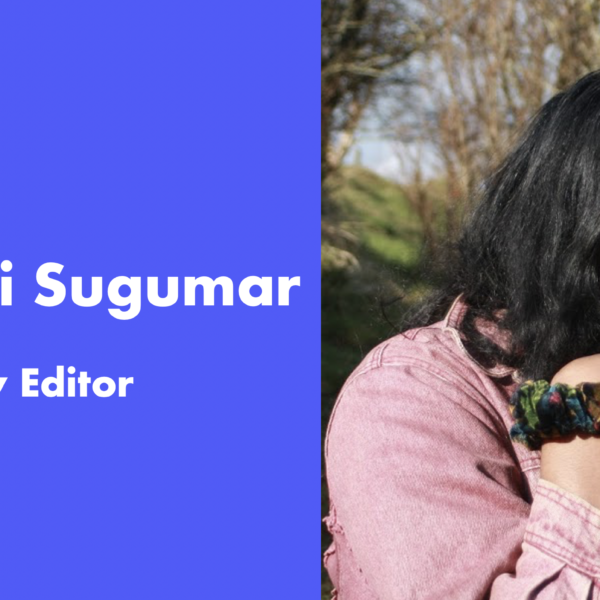
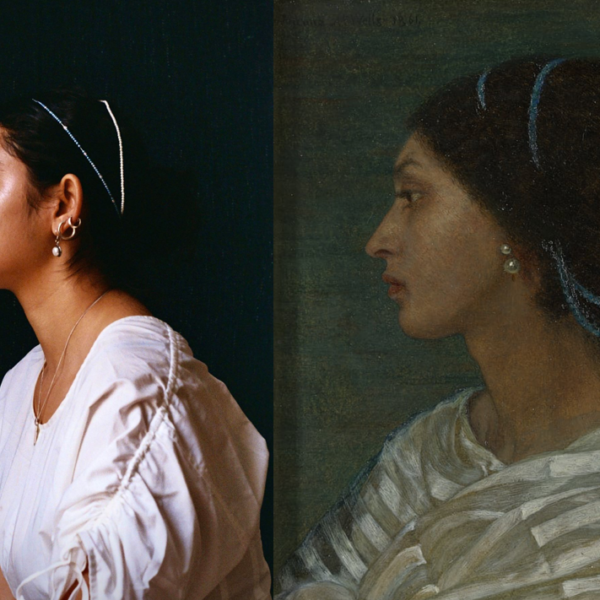
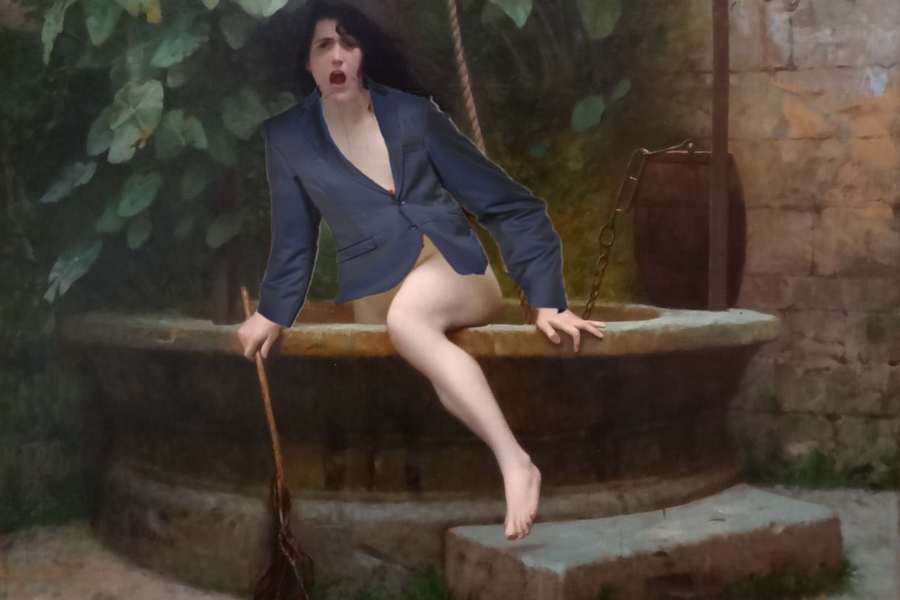
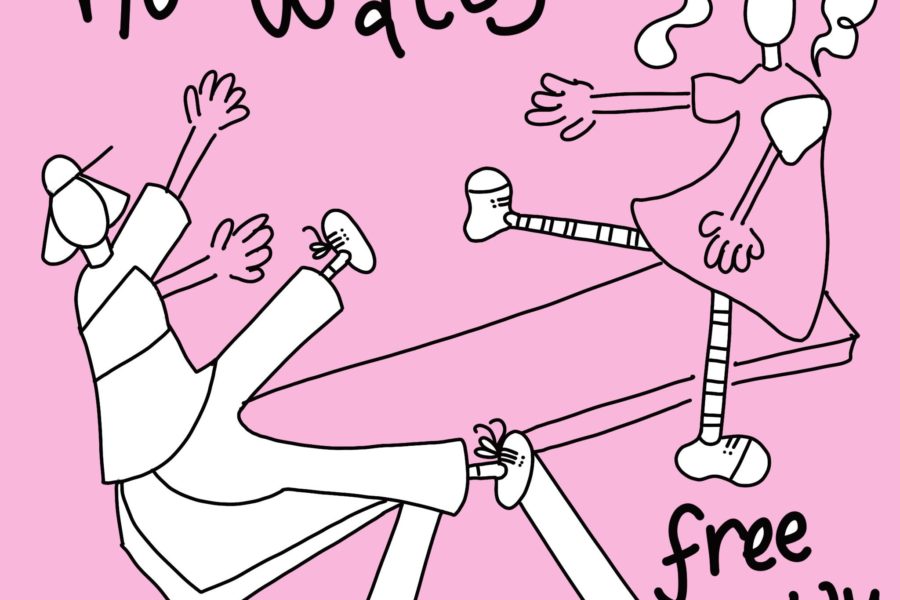
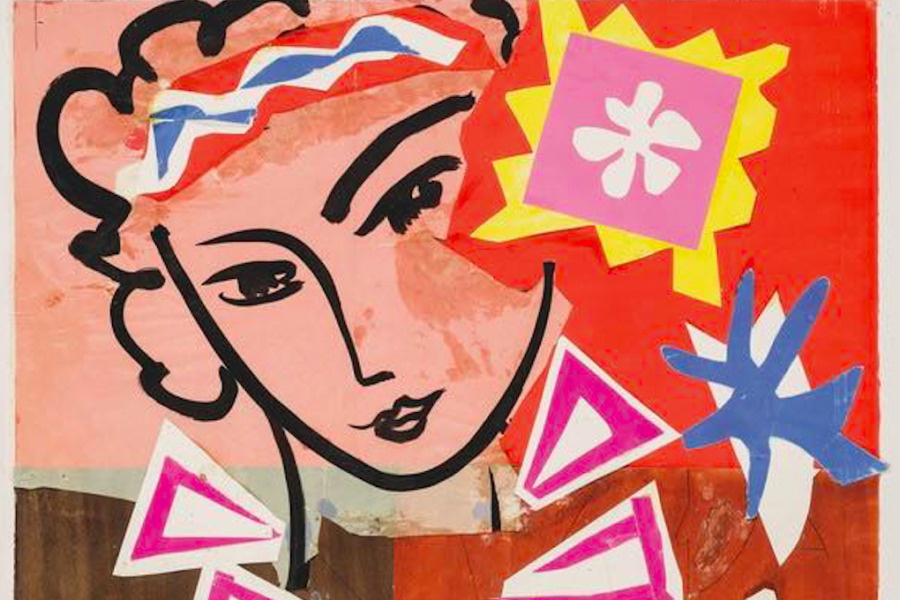
Leave a Comment